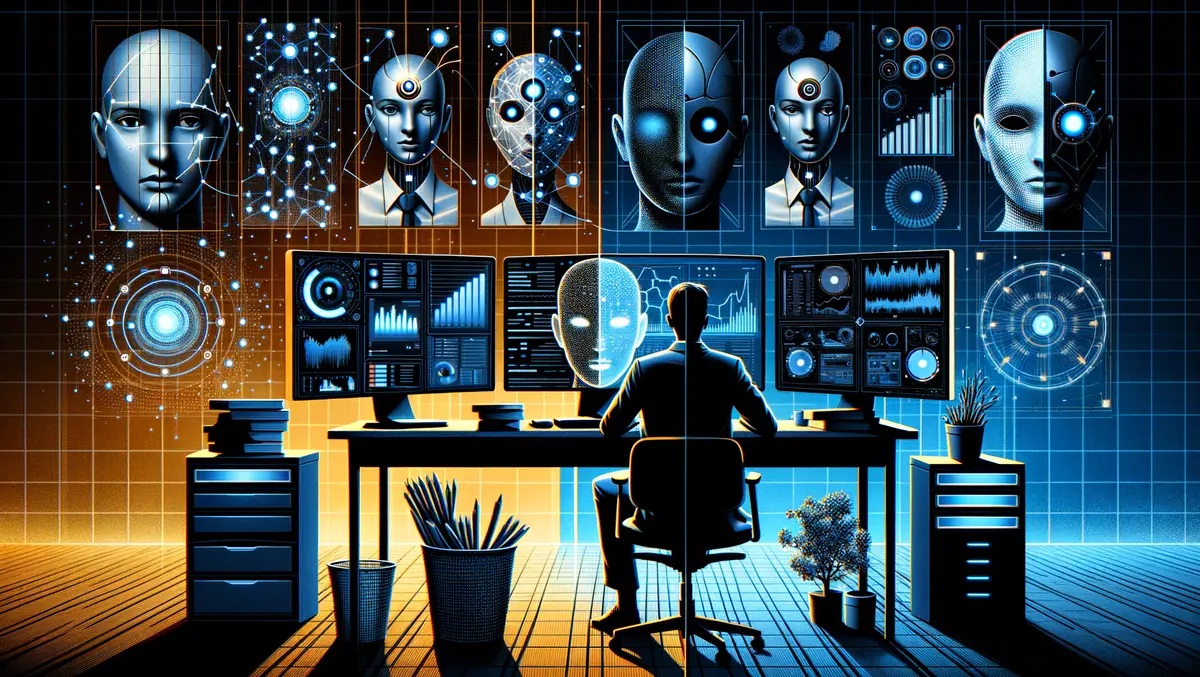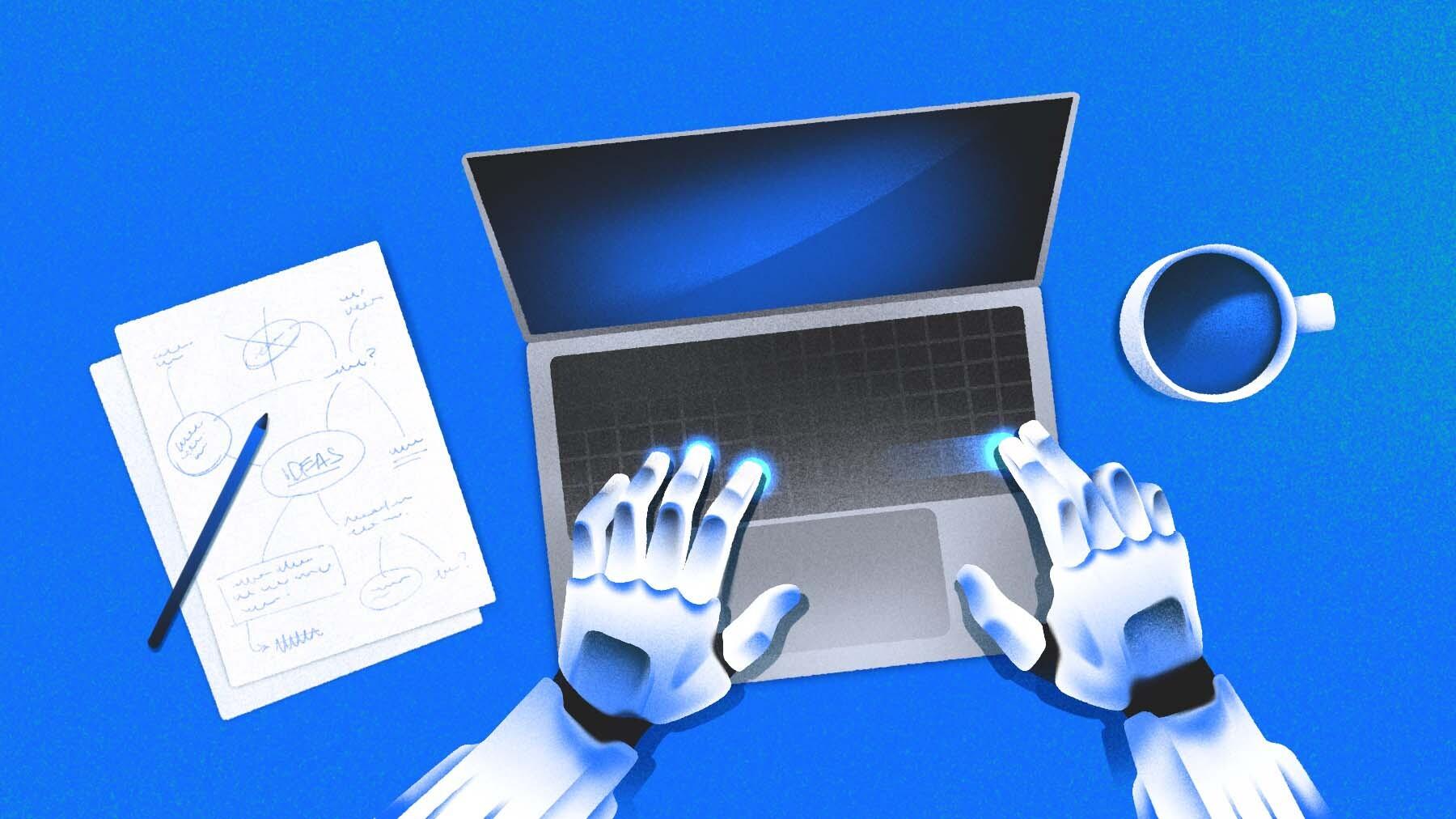The integration of artificial intelligence (AI) into workplaces is accelerating at an unprecedented pace, prompting both excitement and apprehension among workers and employers alike. While AI promises to enhance productivity and efficiency, concerns about job displacement and the need for new skills are also growing.
AI as a Productivity Booster
AI is already proving its worth in various sectors by automating repetitive tasks, analyzing vast datasets, and offering valuable insights. In industries such as customer service, AI-powered chatbots can handle routine inquiries, freeing up human agents to focus on complex issues. In manufacturing, AI-driven robots are taking over dangerous and monotonous jobs, improving workplace safety and streamlining production.
In the financial sector, AI algorithms are used to detect fraudulent activities and assess creditworthiness. This not only saves time but also enhances accuracy and reduces risks. Even in creative fields like writing and design, AI tools are emerging as collaborators, offering suggestions and generating content.
The Dark Side of AI: Job Displacement
The rapid advancement of AI capabilities, however, has raised concerns about job displacement. Tasks that were once considered the exclusive domain of humans are now being performed by AI-powered systems. This is particularly evident in areas like data entry, customer support, and manufacturing.
Studies predict that AI could potentially automate millions of jobs in the coming years. While some experts argue that this will lead to the creation of new roles, others fear that the transition will be difficult for many workers who may lack the skills required for these new positions.
The Skills Gap: Adapting to the AI Era
As AI becomes more integrated into the workplace, the demand for certain skills is shifting. Technical skills, such as programming and data analysis, are increasingly sought after. Additionally, “soft skills” like critical thinking, problem-solving, and creativity are becoming more valuable as they complement AI capabilities.
Workers need to adapt to this changing landscape by upskilling and reskilling themselves. Governments and organizations are also investing in training programs to bridge the skills gap and ensure that the workforce is prepared for the AI-powered future.
Ethical and Societal Implications
The rise of AI in the workplace also raises ethical and societal questions. Issues such as algorithmic bias, data privacy, and the impact of AI on income inequality need to be addressed to ensure that the benefits of AI are distributed fairly and equitably.
The debate over the role of AI in the workplace is far from over. While the potential benefits are undeniable, the challenges it poses cannot be ignored. The key lies in finding a balance between leveraging AI’s capabilities and ensuring that the workforce is equipped to thrive in this evolving landscape.






























